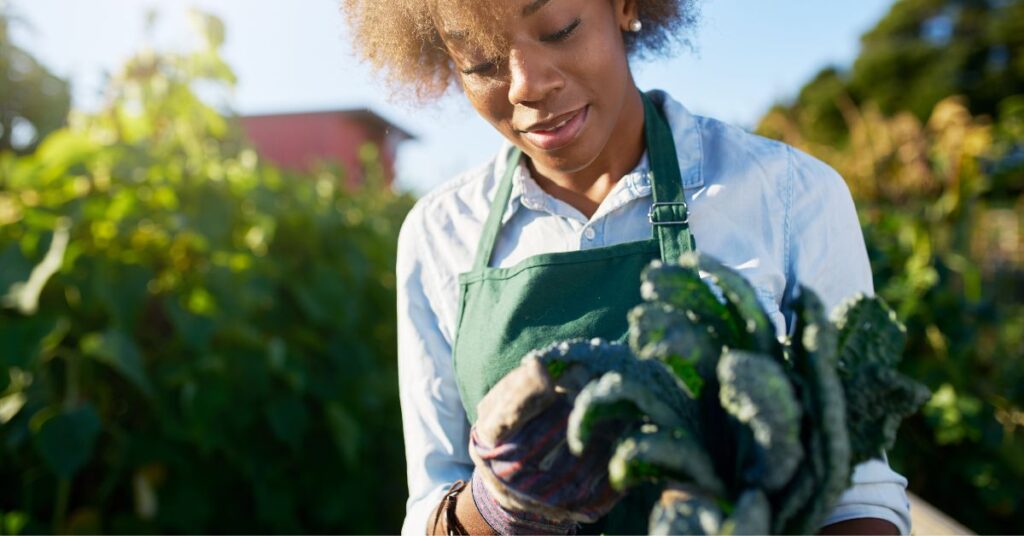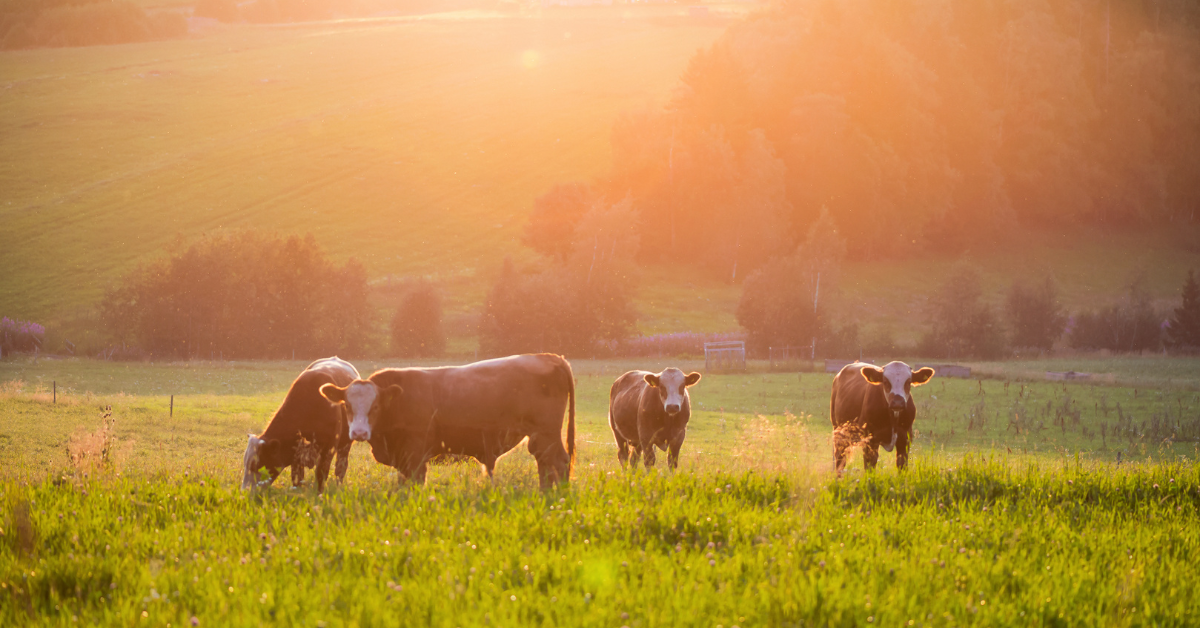

In the wake of recent events, sustainability has become a hot topic. Ongoing disruptions in supply chains and continuing uncertainty surrounding the future of global trade are causing more people to consider better ways to source their food.
What is food sustainability? It’s a multifaceted approach to food production and distribution that supports the long-term health of the environment, the economy, and social systems. These practices are gaining momentum across industries as the inadequacy of the current food system becomes increasingly apparent.
Trends in Sustainable Food
The desire for sustainability is driving several trends in food and agriculture, including:
- A heavier focus on plant-based options across categories.
- Alternative proteins derived from plants or cultured cells.
- Fair trade practices supporting environmental stewardship and equitable treatment of workers.
- Indoor farming, including onsite vertical farms in grocery stores and restaurants.[1]
- Bioplastic packaging made from renewable resources.
Startups and established companies are getting in on these trends in response to consumer awareness and demand, making it easier to find food, packaged products, and other goods produced using sustainable practices.
How to Choose the Most Sustainable Foods
You can support sustainable food and agriculture by making a few simple diet and lifestyle changes:
Reduce meat intake. Factory-farmed meat, dairy, and eggs are some of the worst foods in terms of sustainability. Meat production at such a scale requires a significant amount of land, both to grow animal feed and house animals. The massive amounts of waste these animals generate affect both people and the environment. Processing and transportation require further resource inputs. Eliminating these foods from your diet should be your first step toward a more sustainable lifestyle.
Sustainable food production goes beyond personal health to support a larger system that benefits local communities, economies, and environments.
Choose whole foods over processed. Processed foods require more resources and packaging than whole foods. The supply chain also tends to be longer. Instead of going from farm to market, food ingredients must be transported to processors, processed into final products, packaged, and distributed. These products almost always have fewer nutrients and more additives than unprocessed foods, so you’re better off choosing whole from a health standpoint, as well.[2]
Buy local; buy organic. Organic farms are free from the widely used commercial pesticides and herbicides that disrupt ecosystems and harm human health. However, because organic produce can still require a great deal of resources for growth, packaging, and transportation, local is often a better choice. Local foods are available on a seasonal basis from farms and producers in your area, so you get fresher options, support the local economy, and reduce fossil fuel use all at the same time.
Practical Steps to Support Sustainable Food Production
What’s the best way to put these changes into practice? Here are a few basics to get you started:
- Patronize farmers’ markets and farm stands, join a CSA, and shop at grocery stores that source produce and products locally.
- Don’t shun “ugly” food. Save money and reduce waste by buying less-than-perfect produce and packaged goods from companies like Imperfect Foods and Misfits Market.
- Learn where your food comes from, and consider eliminating or finding new sources for foods that have to travel a long way.
- Grow some of your own food. Whether it’s a windowsill herb garden or an extensive backyard vegetable patch, you’re reducing the distance food has to travel before it hits your plate.
- Learn to make staple foods like condiments, vegetable broth, nut milk, and salad dressings. You’ll save resources from both processing and packaging, and you get total control over the ingredients!
- Buy just enough perishable food to last until your next shopping trip. Planning meals in advance can help you avoid impulse purchases that lead to waste.
- Learn how to store fresh foods properly to reduce spoilage.
- Take inventory of your fridge and pantry on a regular basis. Use up older produce and foods that are near the expiration date before buying more.
For more suggestions and tips, visit SaveTheFood.com.
Sustainable food production goes beyond personal health to support a larger system that benefits local communities, economies, and environments. When you adopt sustainable habits, you further the move toward a better food system with the capacity to support a growing global population while reducing waste and empowering farmers to adopt improved production methods.
Moving toward a whole food, plant-based diet puts you on track for a more sustainable future. Add more plants to your diet (especially local and seasonal!) to make a positive impact far beyond your own dinner table.
References
- “Top Sustainable Food Trends for 2020.” Kiterocket. January 29, 2020. https://www.kiterocket.com/2020-top-sustainability-trends-in-food-and-beverage/.
- Morford, Katie Sullivan, and Petra Guglielmetti. “How to Make More Sustainable Food Choices.” Health.com. March 25, 2020. https://www.health.com/nutrition/more-sustainable-food.
Copyright 2026 Center for Nutrition Studies. All rights reserved.
Deepen Your Knowledge With Our
Plant-Based Nutrition
Certificate
Plant-Based Nutrition Certificate
- 23,000+ students
- 100% online, learn at your own pace
- No prerequisites
- Continuing education credits







